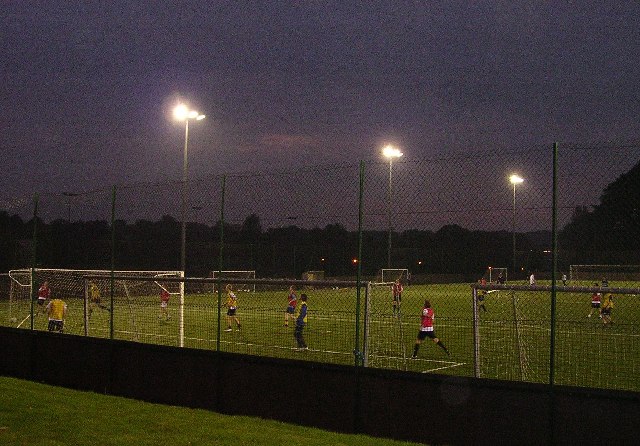The late, great, Bill Shankly once said “Some people believe football is a matter of life and death, I am very disappointed with that attitude. I can assure you it is much, much more important than that.” That quote has become part of football folklore, with naysayers and doubters of the beautiful game left with no response to the pure over-exaggeration.
The problem for student sport journalists and editors, however, is that to many of them believe (including me), when you start in student journalism writing about Edinburgh University’s third team is more than boring, the prospect is so mind-numbing it’s discarded before even being truly considered. They forget the lesson of Shankly. It doesn’t matter what anyone else thinks, it is the most important thing to those who care.
The result is content often regurgitated from the back pages of nationals. Hot takes on Lewis Hamilton’s chances of winning the F1 world championship in 2016 go alongside the most recent review of Wayne Rooney’s performance for Manchester (one of my back pages two years ago).
If you weren’t already aware, I apologise for what follows. No-one cares what you think about anything that appears on the back pages unless you were there or can add something new. Everything you write will have been said in the pub or in the paper, and your readers will switch off before they get past the second paragraph. Your writing won’t improve as much as it could, and you will lose the opportunity to develop as a journalist on the freest stage of all.
Think about the most successful of journalists at whatever level. They cover anything and everything with love, passion, and a never-ending pursuit to find and tell the best stories, no matter where they come from.
Think of Kelly Naqi, the freelance journalist who tracked down the infamous footballing con-man Ali Dia via France and Qatar. Think of David Walsh, who dealt with million-pound lawsuits from Lance Armstrong after accusing him, correctly, of doping.
Stories come wherever you look, and this is true for student sport journalists as it is for news, features, and any other section. In my time as a journalist at Edinburgh, I stumbled across the ninth best croquet player in the world via a quick mention by a friend, and interviewed him for a feature before he went to the World Championships in Australia. I also saw a talented young athlete called Rhona Auckland win the U-23 European Cross-Country championship on TV. I googled her and it transpired she was a student at Edinburgh and a member of the university’s running club. Another interview followed.
The opportunities don’t just lie in the people and contacts you build at your university, they can lie outside the walls and fences of your gym and football grounds. Most towns and cities will have a local football team and while it might not be possible to get into the Emirates or Old Trafford, you would be surprised how open the likes of Cambridge United, Dundee, and Gateshead FC might be to some coverage in your paper.
The old saying of any publicity is good publicity is true for those sides lower down the leagues and if they have their head screwed on, they will grab the opportunity to have an extra paper reporting on their success.
And I can tell you with experience, there is no better feeling in the world then covering one team, in depth, all season. The knowledge you will gain and, yes, you will begin to root for them whoever they are, will all be worth it, especially if they provide you and your publication with story after story, week in, week out.
There is no better learning opportunity than being there, at a match or a meet of any level, and constructing a report and a quotes piece. The lessons you learn in how to develop and make use of contacts, whether they be the manager of Gateshead FC, or the President of your university’s tennis club, are invaluable. Your writing will improve exponentially the more you do and the more varied events you cover.
My time at Edinburgh may have been an anomaly, we covered three league football teams, professional rugby and ice hockey sides, as well as university sport teams at all levels, and it took an immense amount of commitment, resilience and effort from everyone in my team of ten to do it well.
Sure, it will be cold, you will get rained on, it will be miserable and people will not want to talk to you or simply ignore you, but it will be beyond worth it, and shows that you can, if you work as hard as possible, make a success of covering sport as a student journalist. Just don’t expect to get a first…
Featured image: Geograph.org.uk, Chris Upson – http://www.geograph.org.uk/photo/49582

